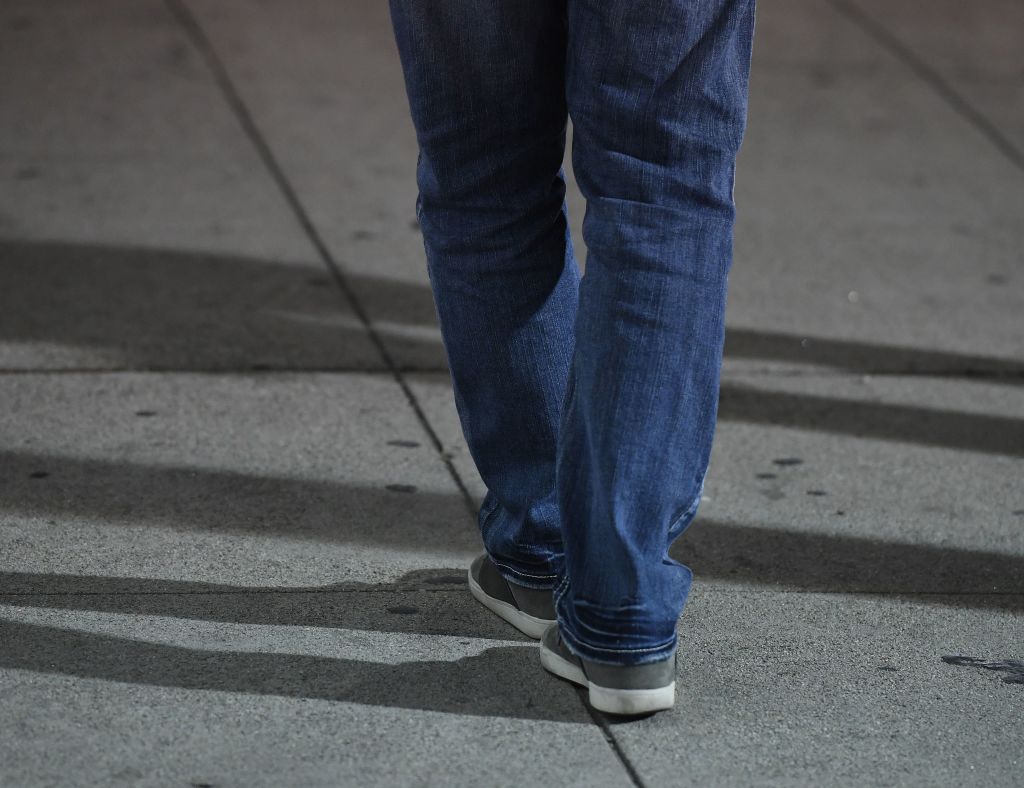Across Canada, provincial laws require new or young drivers to have no trace of cannabis in their bodies while driving.

The new laws are modelled after similar rules for alcohol. But unlike alcohol, THC can stay in the body for days or weeks after use, and that presence doesn’t necessarily mean the driver is under its influence, experts say.
“Clearly, if somebody uses cannabis on a Friday evening and now drives to work on a Monday morning, if they’re otherwise healthy and in good shape, it’s very unlikely that that exposure on the Friday will be affecting them on Monday,” says Canopy Growth medical director Mark Ware.
“Someone could have consumed a few days ago and still have a detectable level of THC in their blood, even though it’s not actually causing any detectable impairment.”
Ware said he was speaking on his own behalf as an expert, and not for the company.

Some provincial zero-tolerance laws carry fierce penalties. New drivers in Saskatchewan with any level at all of THC face a 60-day licence suspension, a three-day vehicle seizure and four demerit points. Ontario, Alberta and B.C. have similar laws.
- Capital gains changes are ‘really fair,’ Freeland says, as doctors cry foul
- Ontario doctors offer solutions to help address shortage of family physicians
- ‘Dangerous message’: Experts slam anti-sunscreen claims circulating online
- ‘Trying not to die’: Tourism operators loaded with debt despite rising demand
But the lack of a clear relationship to even a small level of THC and intoxication makes zero-tolerance laws “ripe for challenge,” says Vancouver lawyer Sarah Leamon.
“There has to be a rational connection to the legislative scheme and the objective that it’s seeking to achieve. That’s one of the tests they use to decide whether a law is constitutional,” she says.
“I have concerns with this being a misguided way that we’re dealing with cannabis-impaired driving, and we need to rethink how it is that we’re going to deter people, and also keep our roads safe, and do it in a way that is consistent with Charter rights.”
Zero-tolerance laws for alcohol for new drivers make a fair amount of sense, she argues, but you can’t just extend the same principle to cannabis.
“You can’t treat these two substances as if they’re one and the same, because they’re just simply not. These are just two different animals. Treating cannabis and THC in the same way that we treat alcohol really misses the point.”

“Employing that zero-tolerance model for young or new drivers is problematic because we may end up causing problems for people who aren’t creating a problem on the road, people who are not actually impaired, people who have not recently used any kind of cannabis product.”
Both Leamon and Ware were concerned about medical users who don’t pose any danger, but who might still be caught with traces of THC in their bodies.
“My worry with some of the zero-tolerance campaigns is that somebody who has a perfectly good reason to use it for medicinal purposes might get caught in this kind of trap,” Ware says.
(Ontario exempts medical users from zero-tolerance rules; police will only charge them if there is evidence of actual impairment.)

“They might have elevated level of THC if they use frequently, but it’s not as if they’re impaired at the time when they are actually driving,” Leamon says.
For his part, Ware is open to the idea that THC impairment might actually last for days — he says the question hasn’t been properly studied.
“That possibility still exists. It may be minimal, but the fact that it’s still there means that you can’t argue that it’s impossible.”
The issue raises confusing questions about what new drivers should do, if they don’t want to abstain from cannabis completely, to follow the law in good faith.
Obeying zero-tolerance rules for alcohol is easy enough: don’t drink at all if you’re expecting to drive in the next few hours. But if traces of THC can last for weeks, long after any hint of intoxication, it’s not clear whether young people who drive can use cannabis at all.





Comments